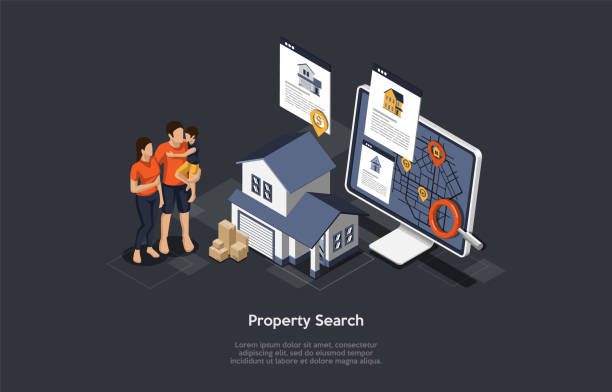When it comes to securing a mortgage, borrowers are often faced with a myriad of options and decisions to make. Among these decisions is whether to pay mortgage points upfront in exchange for a lower interest rate. Mortgage points, also known as discount points, can be a valuable tool for reducing long-term interest costs, but they require careful consideration and analysis to determine if they’re the right choice for your financial situation. In this guide, we’ll delve into the concept of mortgage points, how they work, and whether paying them upfront is a wise decision for homeowners.
What Are Mortgage Points?
Mortgage points are upfront fees paid to a lender at the time of closing in exchange for a lower interest rate on your mortgage loan. Each point typically costs 1% of the total loan amount and typically lowers the interest rate by 0.25% to 0.50%, although these figures can vary depending on market conditions and lender policies. For example, on a $200,000 mortgage loan, one point would cost $2,000 and could lower the interest rate by 0.25% or 0.50%, resulting in lower monthly payments and potentially significant savings over the life of the loan.
Benefits of Paying Mortgage Points:
- Reduced Interest Costs: The primary benefit of paying mortgage points is the potential for long-term savings on interest costs. By securing a lower interest rate upfront, borrowers can save thousands of dollars over the life of the loan, making homeownership more affordable and financially advantageous in the long run.
- Lower Monthly Payments: A lower interest rate resulting from paying mortgage points can also translate into lower monthly mortgage payments, freeing up cash flow for other expenses or savings goals. Lower monthly payments can provide financial flexibility and peace of mind for homeowners, particularly during times of economic uncertainty or unforeseen expenses.
- Potential Tax Deductions: In some cases, mortgage points may be tax-deductible if they are paid in connection with the purchase or improvement of a primary residence. Borrowers should consult with a tax advisor or financial professional to determine if they qualify for mortgage interest deductions and how paying points may impact their tax liability.
Considerations Before Paying Mortgage Points:
- Length of Time in the Home: Before paying mortgage points, consider how long you plan to stay in the home. If you anticipate selling or refinancing within a few years, the upfront cost of points may outweigh the potential savings from a lower interest rate. On the other hand, if you plan to stay in the home for the long term, paying points upfront can yield significant savings over time.
- Break-Even Point: Calculate the break-even point to determine how long it will take to recoup the upfront cost of paying mortgage points through savings on interest costs. Divide the upfront cost of points by the monthly savings on your mortgage payment to determine the number of months it will take to break even. If you plan to stay in the home beyond the break-even point, paying points may be a worthwhile investment.
- Available Cash and Financial Goals: Consider your current financial situation, available cash reserves, and long-term financial goals before deciding whether to pay mortgage points. If paying points would deplete your savings or hinder progress toward other financial objectives, it may be prudent to explore alternative financing options or strategies.
- Interest Rate Environment: Monitor prevailing interest rates and market conditions to assess whether paying points makes sense given current trends. In a low-interest-rate environment, paying points to secure a lower rate may offer greater potential savings and financial benefits. Conversely, in a rising interest rate environment, paying points may provide less favorable returns and may not be as advantageous.
Conclusion:
In summary, mortgage points can be a valuable tool for reducing interest costs and lowering monthly mortgage payments for homeowners. By paying points upfront at the time of closing, borrowers can secure a lower interest rate and potentially save thousands of dollars over the life of the loan. However, paying mortgage points requires careful consideration and analysis to determine if the upfront cost outweighs the long-term savings. Before deciding whether to pay points, assess your financial situation, evaluate your long-term housing plans, and consider prevailing market conditions. By weighing the benefits and considerations of paying mortgage points, you can make an informed decision that aligns with your financial goals and priorities.

